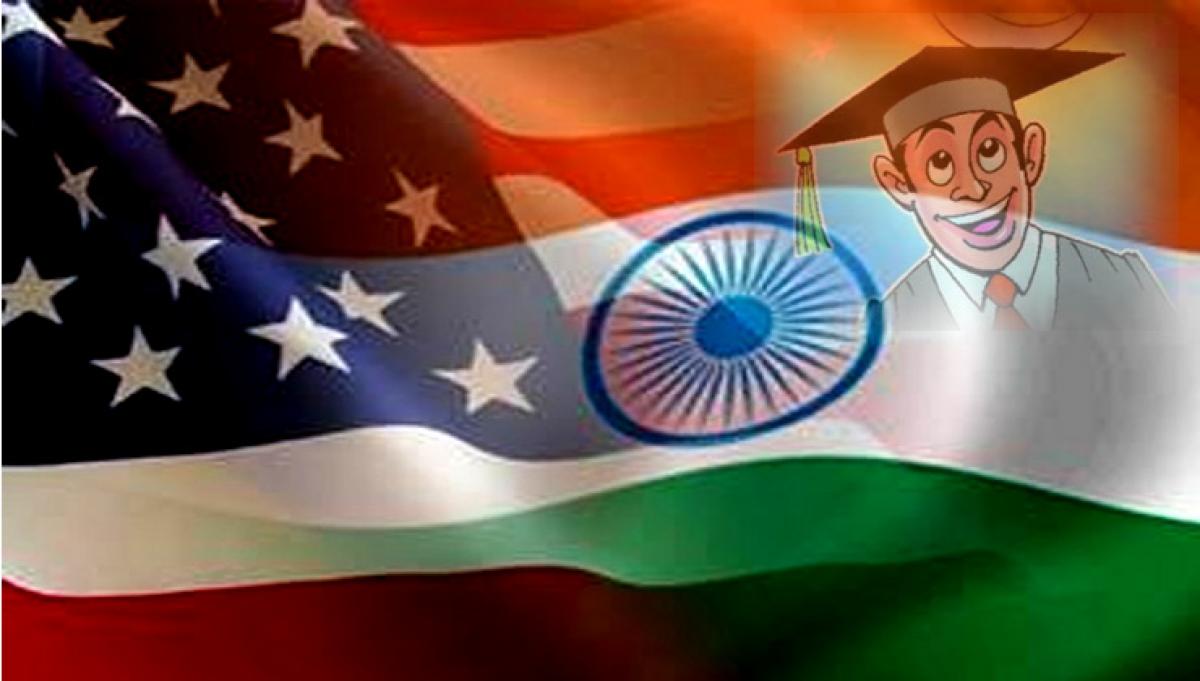Live
- ‘Get Set, Grow Summit 2024’ Focuses on Digital Detox for Families
- Stokes motivates his team to put in extra effort, says England pacer Potts
- From overcoming setbacks to leading India in U19 Women’s Asia Cup, Niki Prasad's amazing journey
- Driving Enterprise Security: Inside Venkata Reddy Thummala’s Leadership Journey
- Constitution debate: PM Modi hails 'Nari Shakti'; makes strong pitch for 'United Bharat’
- Abhijeet Bhardwaj: Revolutionizing Enterprise Analytics with Innovation and Expertise
- Bihar: Inquiry initiated against principal who went to buy veggies during school hours
- Press Sri Lankan Prez for release of Indian fishermen: TN Cong MP to EAM Jaishankar
- TN: DMK postpones executive meet due to heavy rains & Parliament session
- Porous silicon oxide electrodes can fix durability issues in batteries: Researchers





.jpg) With 950,000 out of Asia's total 2.96 million, India's 2013 figure represented an 85 percent increase from 2003, according to a new report from the National Science Foundation's National Center for Science and Engineering Statistics (NCSES).
With 950,000 out of Asia's total 2.96 million, India's 2013 figure represented an 85 percent increase from 2003, according to a new report from the National Science Foundation's National Center for Science and Engineering Statistics (NCSES).



